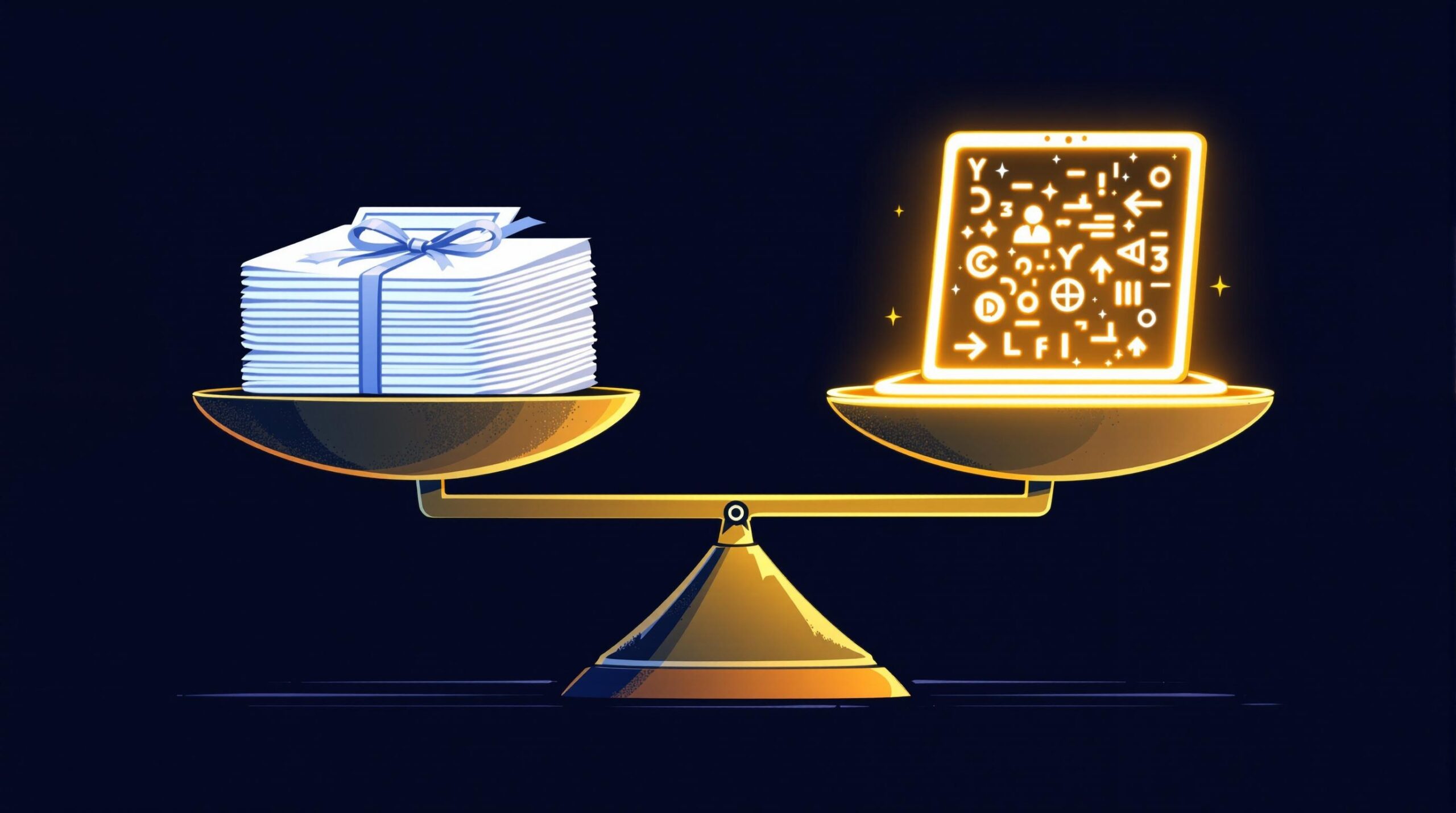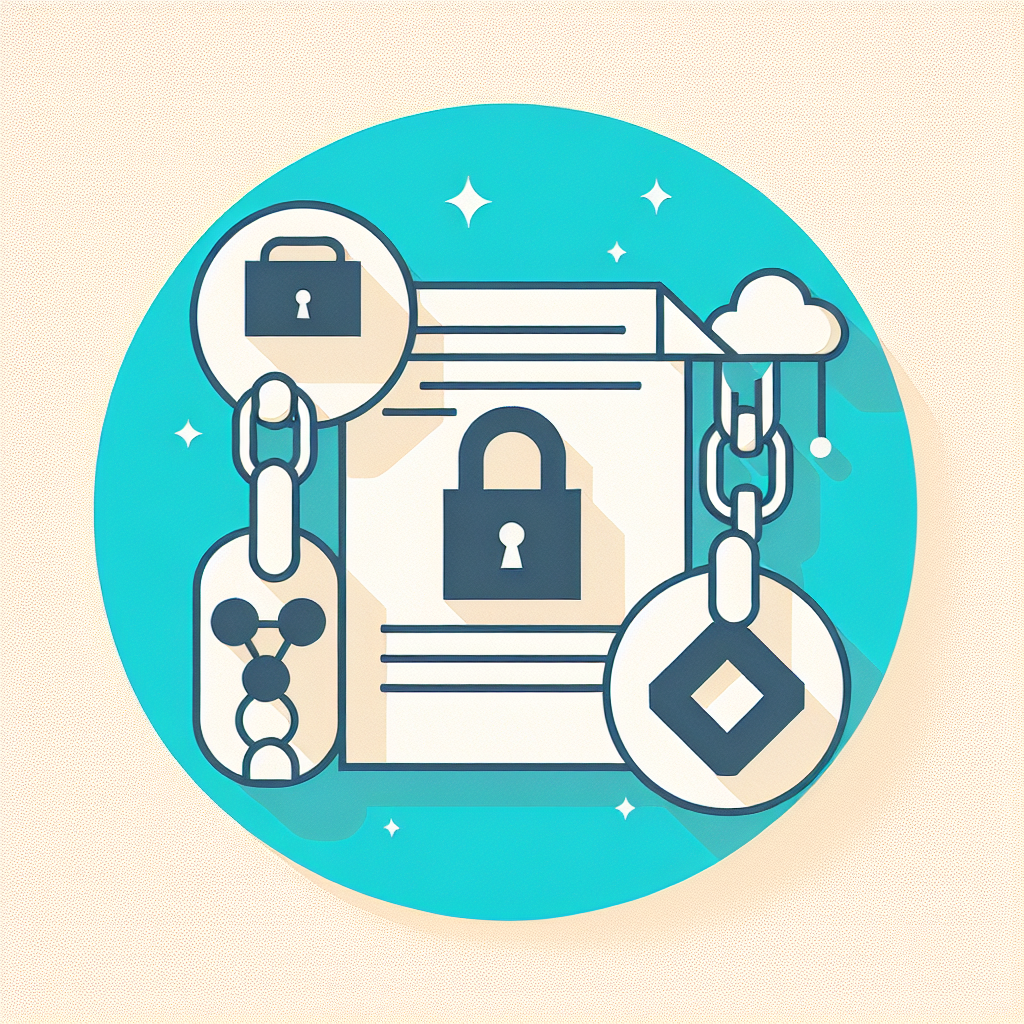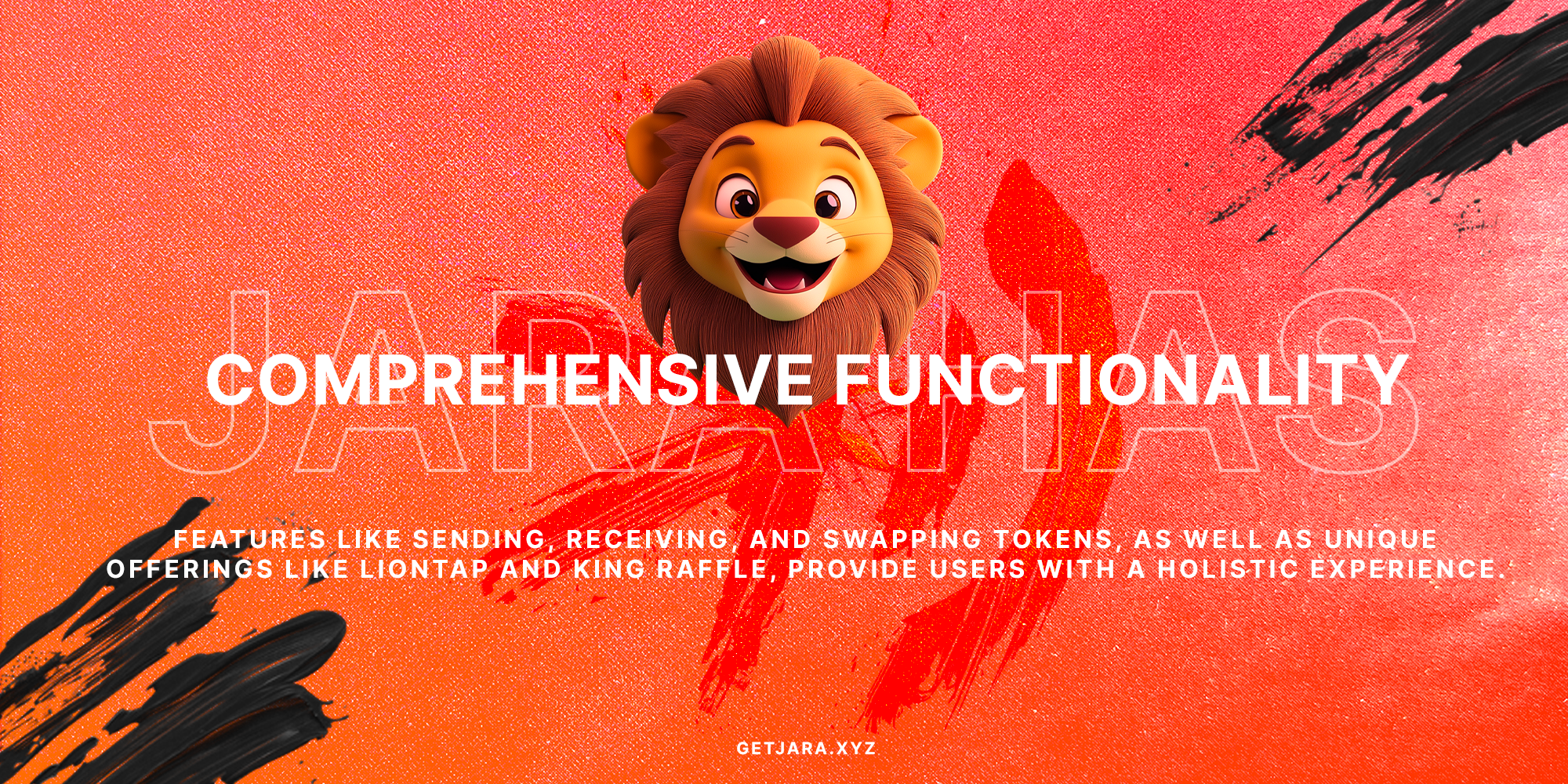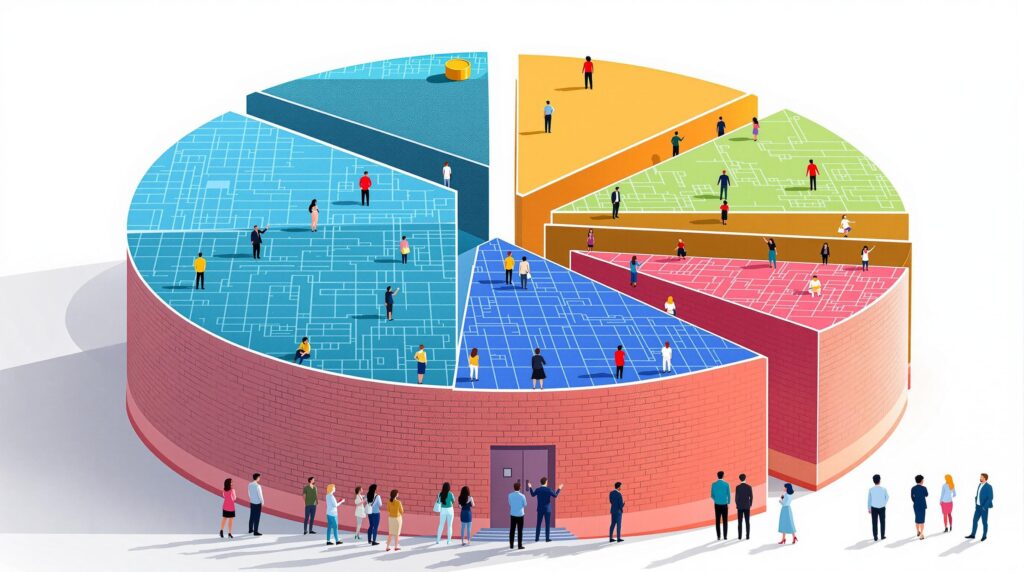Introduction to Smart Contracts and Fraud Prevention
In the dynamic realm of financial transactions, smart contracts are emerging as transformative tools that bolster security and transparency. But what exactly are these smart contracts? At its core, a smart contract is a self-executing digital agreement with coded terms that automatically implement the conditions of a transaction. By embedding these agreements within blockchain technology, smart contracts eliminate the need for intermediaries, thereby reducing the potential for human error and fraudulent activity. With smart contracts, fraud reduction doesn’t just become a possibility; it becomes a foundation.
Imagine conducting a classic financial transaction. You’d usually rely on third-party intermediaries, such as banks or brokers, to verify and enforce the transaction terms. These intermediaries not only slow the process but also introduce points of vulnerability where things can go awry, or worse, lead to deceptive practices. Smart contracts revolutionize this ecosystem by automating the agreement process, ensuring every step is executed precisely as programmed, hence reducing risks associated with human intervention.
What makes a smart contract powerful? A smart contract is powerful because it automates the execution of an agreement, drastically reducing fraud risks by ensuring the precise enforcement of contract terms without any human intervention.
These contracts are lauded for their ability to process transactions with a level of assurance previously unattainable in traditional frameworks. By leveraging the automation capabilities of blockchain, smart contracts ensure that transactional terms are fulfilled automatically once pre-defined criteria are met. This means that once conditions are satisfied, the smart contract executes autonomously, thereby sidestepping the delays and potential errors associated with manual handling.
One might wonder, what ensures the security of these contracts? The answer lies in the blockchain’s inherent quality of being both immutable and transparent. Any transaction recorded on a blockchain cannot be altered, making the data tamper-proof and eliminating the risk of unauthorized changes. This immutability is crucial for preventing fraud, as the transactional history remains accessible and traceable by all parties involved.
How does blockchain contribute to fraud prevention? Blockchain prevents fraud by providing an immutable and tamper-proof ledger that records every transaction transparently, ensuring the authenticity and integrity of data.
The decentralized nature of blockchain further bolsters security. By distributing the ledger across a network of nodes, it ensures that no single entity has overarching control, which is a common vulnerability in centralized systems. This distribution makes blockchain resistant to common fraud tactics that plague traditional financial systems.
Smart contracts are particularly advantageous in regions like Africa, where financial systems are evolving rapidly, yet face challenges of infrastructure and systemic inefficiencies. Platforms like Jara are making strides by leveraging these digital innovations. Jara aims to bridge global capital to African assets through its versatile ecosystem powered by the $JARA token, facilitating secure and efficient financial transactions.
With the rise of digital assets and the expansion of blockchain-based ecosystems, smart contracts are not just impactful; they are becoming essential. Integrations like those seen in Jara’s platform offer a glimpse into a future where financial inclusivity and secure transactions will be the norm. With ongoing digital transformation efforts, particularly in Africa’s burgeoning economy, smart contracts are set to play a pivotal role in fostering economic empowerment and bridging systemic gaps.
Key Features of Smart Contracts That Reduce Fraud
Multi-Signature Authentication
One of the most significant features of smart contracts is multi-signature authentication. But what does it mean, and how does it help in reducing fraud?
What is multi-signature authentication? Multi-signature authentication requires multiple parties to approve a transaction, preventing unauthorized access and ensuring only verified individuals can execute critical operations.
Imagine you are conducting a financial transaction that involves substantial sums or valuable assets. Traditionally, a single signature might suffice to approve the transaction. However, this simplicity opens doors to unauthorized transactions, where a single compromised account can lead to significant losses. With multi-signature authentication used in smart contracts, a transaction cannot proceed until multiple designated parties approve it, adding a robust layer of security and ensuring the transaction is legitimate.
This authentication process plays a crucial role in the financial landscape of Africa’s digital finance ecosystem, where platforms like Jara are striving to boost financial inclusivity. By requiring multiple approvals, multi-signature authentication reduces the likelihood of fraud and unauthorized transactions, thus building trust among users and stakeholders.
Notably, this system enhances transaction security by decentralizing control. Consider a scenario in the African market where Jara’s ecosystem is involved in tokenizing infrastructure projects. Using cryptocurrency features like multi-signature authentication ensures that token redemption requires consensus, thus preventing unilateral and potentially fraudulent asset transfer.
The effectiveness of multi-signature setups is not just limited to reducing fraud but also extends to providing transparency and accountability. Every participant knows the transaction status and approval requirements, which is critical for institutional dealings where large financial stakes and reputations are on the line.
By adopting smart contracts embedded with multi-signature authentication, organizations can implement a trustless mechanism. In financial systems where trust between parties is traditionally brokered by intermediaries, smart contracts shift this to a cryptographic and verifiable process.
Moreover, platforms like Jara, which are at the forefront of business automation in the digital finance sector, leverage these features to streamline operations while safeguarding against fraud. Such strategic use empowers more people to engage in digital financial industries, knowing their transactions are secure and well-managed. This is pivotal as Africa embraces a digital revolution, emphasizing financial transparency and security.
As part of enhancing user confidence and operational efficiency, multi-signature authentication aligns perfectly with Jara’s broader mission of bridging global capital to African assets. By ensuring added layers of authorization, Jara continues to foster a secure environment that thrives on transparency and shared responsibility.
“Jara – Unlocking the Future to Africa’s Crypto Ecosystem.”
Overall, multi-signature authentication goes beyond mere verification; it’s an embodiment of the paradigm shift towards safer, more inclusive financial transactions. Within Jara’s ecosystem, and across the burgeoning digital landscapes of Africa, this feature redefines security, encouraging wider acceptance and adoption of blockchain technology.

The Role of Blockchain in Securing Transactions
Blockchain technology provides an unalterable and decentralized ledger that forms the backbone of smart contracts. It ensures all transactions are securely recorded and verified, minimizing opportunities for fraudulent activities. Imagine a traditional ledger that anyone can alter; now, picture one that is locked in a vault and accessible by multiple security layers. Blockchain is that vault for digital transactions.
What makes blockchain reliable for financial transactions? Blockchain’s decentralized and cryptographic nature ensures transparency and prevents unauthorized access.
By enhancing financial security through cryptographic encryption, blockchain keeps transaction details secure against tampering. The data, once recorded on this digital ledger, cannot be altered, akin to writing in permanent ink instead of a pencil. This process provides transparency and ensures trust among all parties involved.
How Blockchain Works in Smart Contracts
Consider blockchain as a digital accountant that’s meticulous and incorruptible. Every transaction executed by a smart contract is validated and sealed in a digital block, which is then distributed across a network of computers, or nodes. Each node holds a complete copy of the ledger, making any tampering obvious and unlikely.
- Transparency and Trust: Since all transactions on a blockchain are visible to all participants, each action is easy to audit, reducing the chance of deceit.
- Decentralization: By eliminating intermediaries, blockchain allows direct transactions between parties, eliminating the need to trust third-party facilitators and reducing error risk.
- Immutability: Once data is added to the blockchain, it cannot be changed, ensuring the integrity of all records and providing a robust defense against fraud.
The immutability of blockchain can be compared to a sealed document locked within a safe that only opens under strictly defined conditions. This mechanism bolsters defenses against alterations and ensures authenticity in transactions.
Blockchain’s Cryptographic Security
Cryptographic encryption within blockchain technology acts much like a high-grade lock, safeguarding every transaction against unauthorized access. This process ensures that even if someone attempts to manipulate data, the fraudulent alteration is quickly identified and nullified by the network.
How does blockchain prevent fraudulent modifications? Blockchain’s immutability ensures that once information is logged, it cannot be altered, securing the integrity of transaction records.
For example, in Africa’s burgeoning digital finance landscape, platforms like Jara leverage the security provided by blockchain to empower local economies. By utilizing cryptographic principles, these transactions are encased in security layers that challenge any fraudulent attempts, making tampering as futile as trying to alter history.
The Global Impact of Blockchain in Financial Transactions
With blockchain, financial transactions operate under a universal rulebook defined by pre-coded smart contracts. This technology assures users worldwide of their transaction’s confidentiality and security, akin to having a universal referee overseeing every transaction impartially and consistently.
Blockchain’s significant advantage lies not only in its ability to secure transactions but also in its formidable growth potential. The $JARA token, for example, leverages blockchain to provide cross-border access to Africa’s digital asset economy, reducing fraud while enhancing trade efficiency.
Moreover, blockchain’s transparency fosters trust in global financial markets by making all transactions verifiable and unchangeable. Consider blockchain as the digital notary that guarantees each financial contract remains as originally agreed upon, securing every transaction against the risk of fraudulent changes.
“Jara- Unlocking the Future to Africa’s Crypto Ecosystem.”
Benefits and Challenges of Smart Contracts
Imagine a world where transactions happen automatically, without the need for middlemen. Sounds futuristic, right? That’s the reality smart contracts offer. These cutting-edge digital agreements are transforming the financial landscape by enabling transactions to proceed automatically once the conditions outlined in the code are met. This process significantly reduces fraud and manual errors associated with traditional contracts. But like every revolutionary technology, smart contracts come with their own set of benefits and challenges.
What is a smart contract? A smart contract is a self-executing contract with the terms of the agreement directly written into lines of code.
Key Benefits of Smart Contracts
- Automation: By automating the execution of agreements, smart contracts help eliminate human errors and the biases associated with traditional manual transactions.
- Security: Smart contracts utilize blockchain technology, ensuring a secure, immutable record of transactions which drastically reduces the possibility of fraud.
- Transparency: All transactions are recorded on a public ledger, making them transparent and accessible to all involved parties, which further helps in preventing fraudulent activities.
Challenges of Smart Contracts
- Immutability: Once a smart contract is set on the blockchain, its terms cannot be altered. If there were any mistakes in the original contract, these become permanent, highlighting the importance of accurate coding from the start.
- Complexity: Crafting a smart contract requires proficiency in programming and thorough understanding of legal and business ramifications, which might be a barrier for some users.
- Legal Status: The recognition and enforceability of smart contracts vary by jurisdiction, presenting potential challenges in global transactions.
Despite these challenges, the benefits of smart contracts in minimizing fraud and enhancing transaction security make them a worthy investment in the future of financial operations.
Embracing this innovative technology is not just about working smarter, but about safeguarding transactions in an increasingly digital world. As Africa embraces this digital transformation, platforms like Jara are at the forefront, using their $JARA token to fuel a new era of financial inclusion.
“Smart contracts are reshaping how financial transactions are conducted, reducing the need for trust in the traditional sense, and replacing it with a digital certainty embedded within blockchain technology.”
In summary, while smart contracts present certain technical and legal challenges, their ability to streamline operations and prevent fraud cannot be overstated. As more regions, particularly Africa, continue to experience rapid digital growth, the adoption and adaptation of smart contracts will undoubtedly play a crucial role in this transformation. This makes them not only an exciting tech development but also a pivotal tool in the ongoing fight against financial fraud.

What are smart contracts and how do they prevent fraud?
Smart contracts are self-executing contracts with the terms of the agreement directly written into code. They prevent fraud by using blockchain technology to ensure transparency and immutability, making tampering virtually impossible.
These contracts eliminate the need for intermediaries, reducing the risk of manipulation and unauthorized actions. Once set, the conditions are executed automatically as programmed, ensuring compliance and trust among parties involved.
How does multi-signature authentication enhance the security of smart contracts?
Multi-signature authentication in smart contracts requires multiple parties to approve a transaction before it is executed. This approach mitigates the risk of fraud by ensuring that no single party has unilateral control, thus preventing unauthorized actions.
Key Benefits of Multi-Signature:
- Increased Security: Prevents unauthorized access unless all required parties sign off.
- Enhanced Trust: All stakeholders have a say, promoting transparency and accountability.
Why is blockchain essential for the fraud prevention capabilities of smart contracts?
Blockchain is the backbone of smart contracts, providing a decentralized, transparent ledger that records transactions immutably. This characteristic ensures that once data is recorded, it cannot be altered, reducing the likelihood of fraudulent activities.
Blockchain’s Role:
- Immutability: Once recorded, the transaction data cannot be changed.
- Transparency: All participants can view the transactions, promoting fairness.
What challenges do smart contracts face despite their fraud-reducing benefits?
Despite their benefits, smart contracts face challenges such as the irreversibility of transactions and errors in code that can lead to unintended outcomes. Once a contract is deployed on the blockchain, it cannot be modified without significant effort, requiring precise initial programming.
Challenges to Consider:
- Immutability: Hard to amend once executed, demanding flawless programming.
- Complexity: Requires advanced coding skills to create accurate, secure contracts.

Related Practice Areas
Explore additional areas we cover related to smart contracts and automation to further enhance financial transparency and efficiency.
Client Testimonials
At the forefront of our Smart Contracts & Automation practice is a deep-seated commitment to client satisfaction. Each case is handled with utmost care, as echoed in the appreciative feedback from those we represent.

Transform Financial Transactions with Jara’s Smart Contract Solutions
Are you ready to revolutionize the way you handle financial transactions? At Jara, we’re dedicated to harnessing the power of smart contracts to reduce fraud and enhance the transparency of financial dealings. Our solutions are designed to secure your transactions in a rapidly evolving digital landscape, providing peace of mind that your financial operations are in capable hands.
With Jara, you gain access to innovative tools that bridge global capital to African assets, offering you the opportunity to secure your financial future with cutting-edge technology.
Reach out to us today to explore how our expertise in smart contracts can benefit your financial dealings. Experience the assurance of a transaction process fortified by technology and innovation.
Download the Jara app now to start managing your assets securely:
- Android: Download from Google Play
- iPhone: Download from the App Store
Let Jara be your trusted partner in navigating the complexities of today’s financial world. For more details, visit our website and learn more about how our smart contract solutions can protect your transactions and propel your financial future forward.
“Your Voice, Our Mission” – we champion your rights with the tenacity and dedication that has earned us the trust of our community members.
Understanding Smart Contracts
- Definition: Smart contracts are self-executing contracts with terms directly written into code.
- Functionality: They automate the execution of contracts, eliminating the need for intermediaries.
- Security: Built on blockchain technology, they offer enhanced security features.
How Smart Contracts Reduce Fraud
Smart contracts inherently minimize fraud in financial transactions by ensuring transparency and immutability. By being hosted on a blockchain, every transaction is recorded, making it tamper-proof and verifiable by all parties. But how do they do this?
Key Fraud-Reduction Features
- Transparency: All stakeholders have visibility over the transaction details.
- Immutability: Once recorded, data cannot be altered retroactively.
- Automated Execution: The contract executes automatically when conditions are met, eliminating manual errors.
Implementation in Financial Transactions
Smart contracts are increasingly being adopted in various financial sectors. From real estate to insurance, the potential for reducing fraud is immense. These sectors rely on trust and transparency, which are inherently strengthened by smart contracts.

















